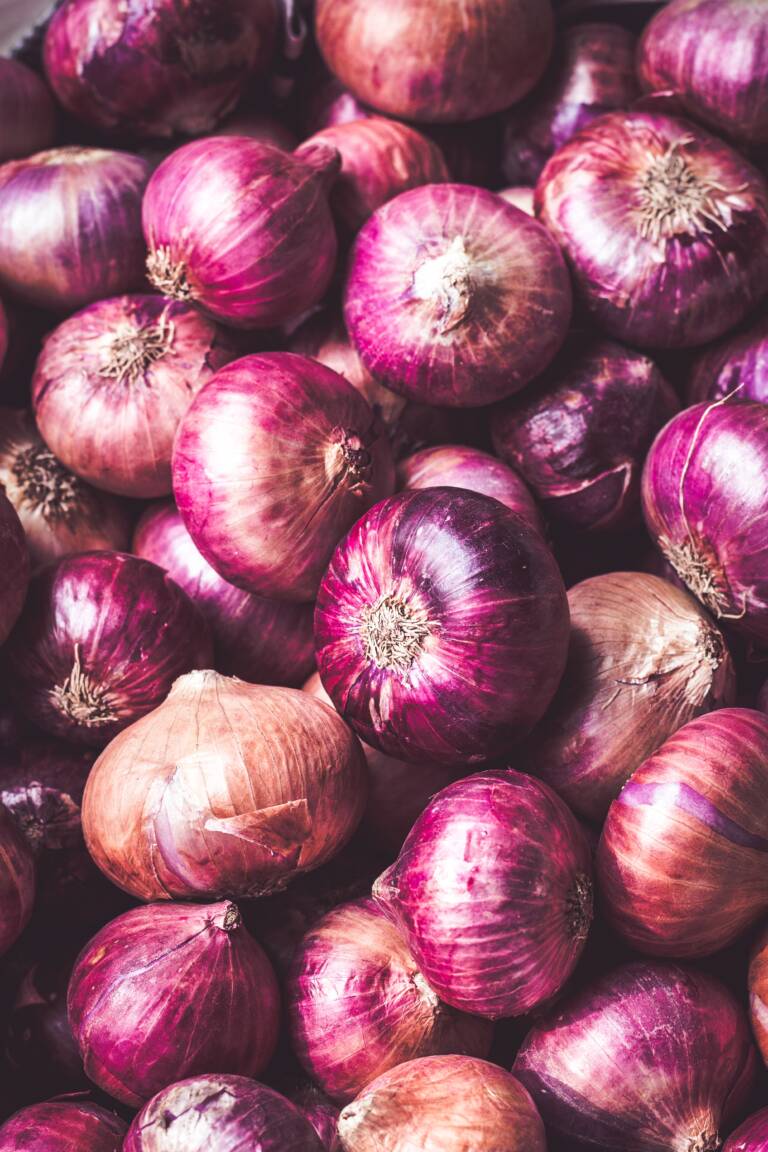Central Asia: frosts and energy problems create food security problems

The harshest winter since 2008 is contributing to shortages of agricultural commodities across Central Asia and driving up prices in a region still suffering from COVID-induced food inflation. In Uzbekistan, record frosts highlighted shortcomings in the national energy system, as even residents of the capital went day after day without power. But the cold has also affected the agricultural sector of the most populous country in the region.
On January 20, Uzbek's agriculture minister announced a four-month export ban on onions after prices doubled in three weeks. The headline of the ministry's press release – “there are reserves of onions in Uzbekistan” – suggests panic. Otherwise why should a government care about onions? The problem is that Uzbek onions are now as expensive as those from countries like Georgia and Moldova, the ministry said, reaching 6,000-8,000 sum (53-71 cents) per kilo.
Although the frosts have ruined part of the onion stocks in the warehouse, this is not the only source of price pressure. The huge energy shortfall has taken a toll on logistics, with gas stations closed and roads covered in ice, the ministry said.
In comments released to the private website Gazeta.uz, a resident of the Bukhara region gave an account of this perfect storm: “Due to the closure of gas stations, there are problems with public transport. We went to the market on Tuesday and didn't see a single bus. The only thing left are taxis. Food prices have risen. They say the goods are not brought from Tashkent. There are no vendors at the Kholkhozni bazaar because the vegetables and fruit are frozen."
Potatoes have also risen in price year-to-date, by 14%, agricultural news site East Fruit reported last week.
Elsewhere in Central Asia, price moves have been less severe, but experts say the true impact of the frost will become apparent in the coming weeks and months.
A consultant to the Food and Agriculture Organization of the United Nations in Tajikistan, Bakhtiyor Abduvokhidov, told East Fruit that carrots could be in short supply soon, noting that Tajik farmers tend to store harvested carrots in the ground due to the lack of warmer storage spaces.
“It is still impossible to say how they withstood the frosts – we have to wait for the ground to thaw and for the first lots to be excavated to assess the damage,” Abduvokhidov said. “However, since the temperature in the regions where the carrots have been in the ground for several days in a row dropped to -15°C at night, it can be assumed that they are damaged.”
Kazakhstan followed Uzbekistan's lead last week by banning root vegetable exports.
On Jan. 22, the Ministry of Trade and Integration said that Kazakh onion prices had risen by more than 5% in the space of a week.
Two days later, Minister Serik Zhumangarin told reporters that there are about 150,000 tons of onions in the country, enough for about five months, but less than authorities had previously thought. The reason for the disappearance of onions, Zhumangarin argued, is increased demand in Uzbekistan and Russia, as well as in Pakistan, a major producer that suffered floods last summer and now has a shortage of the vegetable. (In the months leading up to the cold snap, East Fruit reported that Uzbekistan was ramping up onion exports to the South Asian country.)
Zhumangarin said his ministry is working with border officials to prevent smuggling.
Kazakhstan recorded the highest figure in Central Asia for food inflation last year, at over 25%, fueled in part by the aftermath of Russia's war in Ukraine.
After the deadly riots last January, the authorities are particularly concerned about this trend. To avert soaring prices, the Commerce Ministry said it had ordered Kazakhstan regions to buy from producers in the South Turkestan region, which is rich in agricultural products. The problem is that the frost wave has caused profound crop problems in these areas as well.
Turkestan farmers, interviewed by local broadcaster Otyrar.kz, blamed poor quality coal for the season's losses, saying the fuel failed to heat the greenhouse facilities. A tomato farmer told Otyrar that his business had planned to harvest more than 1,200 tons but only managed to produce 250, with the rest of the production going to waste.
Another initiative that the Commerce Ministry believes could stabilize the local onion market is an agreement to purchase 6,000 tons from Tajikistan.
Authorities in the Tajik region of Khatlon said they had reached export agreements with Kazakhstan's ambassador and a delegation of Kazakh businessmen, and expressed positive views on the potential to increase agricultural exports to Kazakhstan.
So we have a food problem in Central Asia caused not by overheating, but by cold spells. Because frost is the real enemy of crops.

Thanks to our Telegram channel you can stay updated on the publication of new articles from Economic Scenarios.
The article Central Asia: frosts and energy problems create food security problems comes from Scenari Economici .
This is a machine translation of a post published on Scenari Economici at the URL https://scenarieconomici.it/asia-centrale-le-gelate-e-i-problemi-energetici-creano-problemi-di-sicurezza-alimentare/ on Sat, 28 Jan 2023 08:00:33 +0000.
